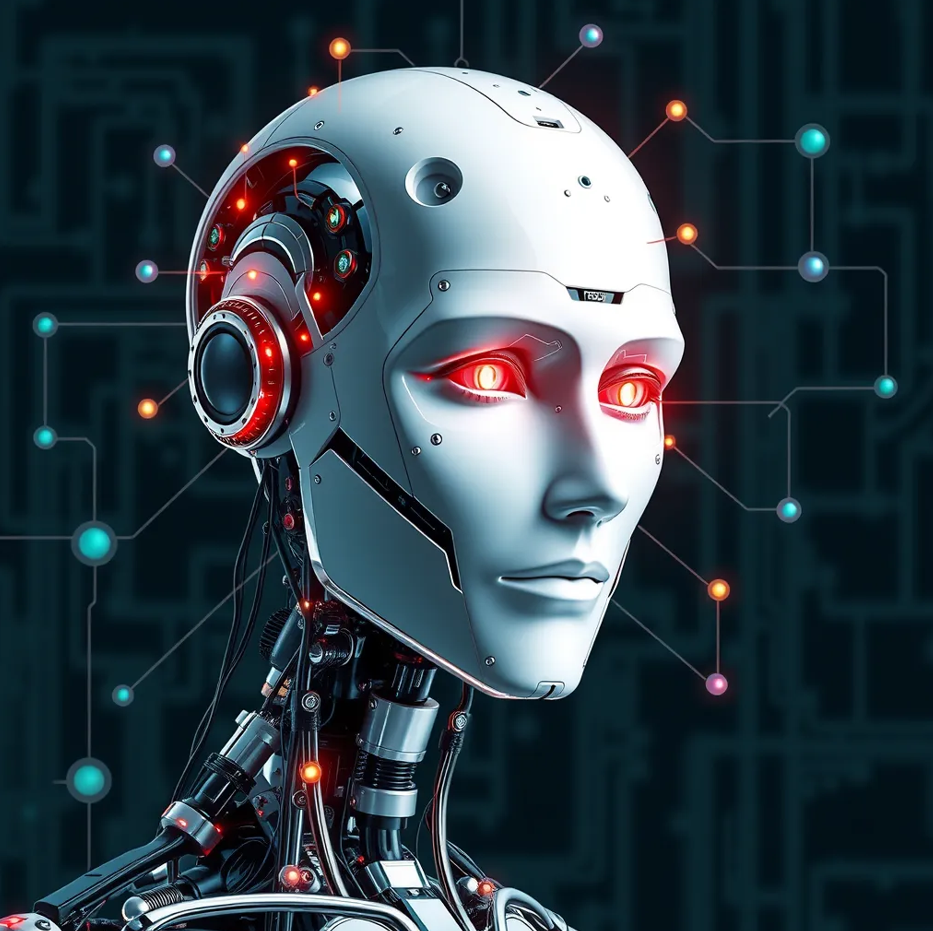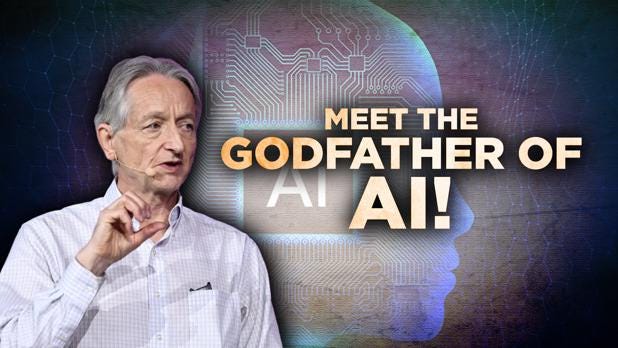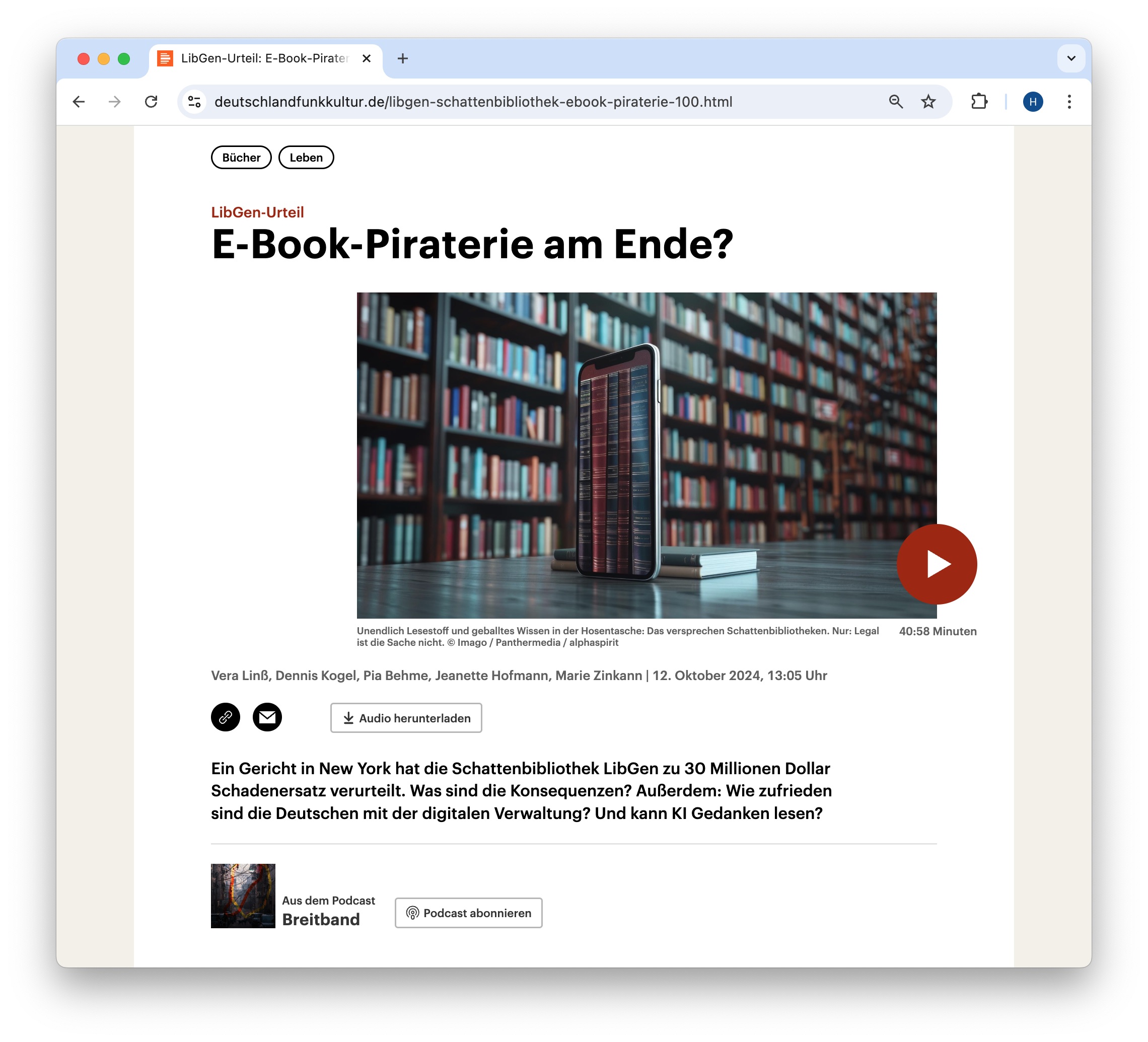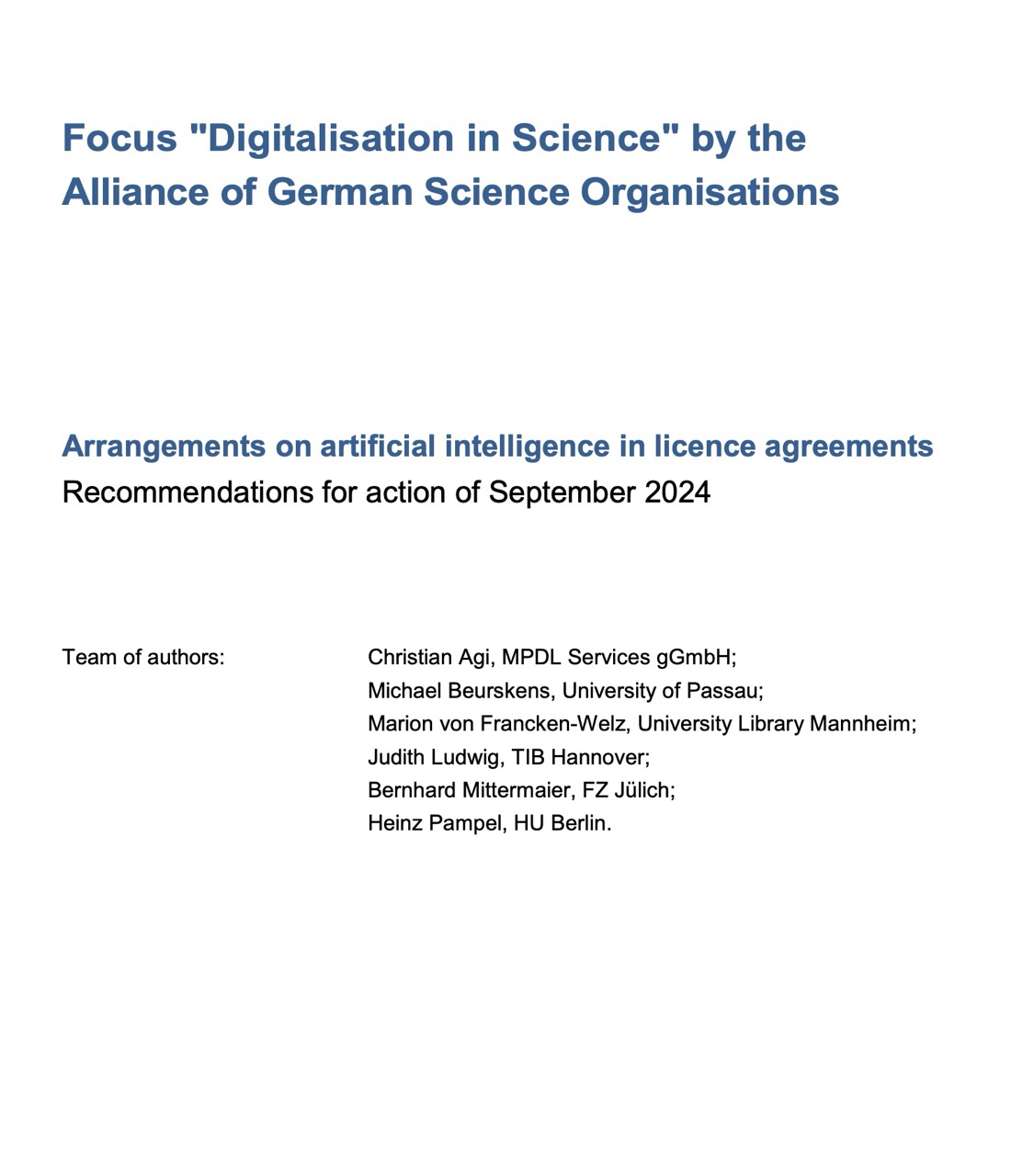Recently I’ve been exploring data downloaded from BOLD. Part of this was motivated by work done with David Schindel for a recent book: In this blog post I record some struggles I’ve had with the supposedly “Frictionless” data provided by BOLD. I list a serious of issues, and make some recommendations as to how these can be fixed. Previous versions disappear from site The web page Data Packages lists datasets that can be downloaded.
Messaggi di Rogue Scholar

The Most Recent Cutting-Edge Models Author Aditya Iyengar (ORCID: 0009–0005–1959–9724) Introduction The past 6 months marked significant technological leaps in the field of artificial intelligence (AI), especially in the realm of image generation. In this six-month window, multiple innovations redefined the capabilities of text-to-image, video generation, and multimodal AI systems.

Working Examples Author Mingrui Gao ( ORCID : 0009–0005–7271–2677) Introduction Machine learning has revolutionised countless industries, but deploying ML models remains a significant challenge for many data scientists and developers.

Unleashing FLUX1.1 with the BFL API Author Tarun Krishnan ( ORCID : 0009–0006–6647–127X) Introduction With the growing demand for image generation models in various applications, the need for APIs that seamlessly integrate these models into developers’ workflows has skyrocketed.

Let’s explore MLflow together. Author Wendi Fan ( ORCID: 0000–0003–0284–9166 ) Introduction MLflow is an open-source platform designed to manage the entire lifecycle of machine learning projects. It helps developers and data scientists streamline their workflows by tracking experiments, managing models, and deploying them efficiently.

The Godfather of AI Author Tohfa Siddika Barbhuiya ( ORCID : 0009–0007–2976–4601) In a monumental moment for the world of Artificial Intelligence (AI), Geoffrey Hinton, known as the “Godfather of AI,” has been awarded the Nobel Prize for his pioneering work in neural networks and deep learning. He has been awarded the 2024 Nobel Prize in physics by the Royal Swedish Academy of Sciences.
OER und KI – wie geht das zusammen? Till Kreutzer im OERinfo-Erklärvideo zu den Fragen, was beim Einsatz von Künstlicher Intelligenz zu beachten ist und wie sich hybride Kreationen als Open Educational Resources nutzen lassen. Paul Klimpel und Till Kreutzer arbeiten als Anwälte bei iRights.Law und engagieren sich als Autoren bei iRights.info.
Open Educational Resources (OER) lassen sich leicht nachnutzen – sofern man ein paar Punkte beachtet. Till Kreutzer geht im Erklärvideo von OERinfo auf die korrekte Kennzeichnung von Autor*in, Titel, Fundstelle und Lizenzhinweis ein und zeigt, wie man Bearbeitungen am besten kennzeichnet. Paul Klimpel und Till Kreutzer arbeiten als Anwälte bei iRights.Law und engagieren sich als Autoren bei iRights.info.

In the latest episode of “Breitband” on Deutschlandfunk Kultur, there is an interview with Dorothea Strecker from our research group at the Berlin School of Library and Information Science on shadow libraries (Belanger 2024). The occasion for the interview was the lawsuit for damages against LibGen in the United States.

Together with Christian Agi, Michael Beurskens, Marion von Francken, Judith Ludwig, and Bernhard Mittermaier, I have been working on recommendations for the inclusion of artificial intelligence in license agreements with publishers over the past few months.